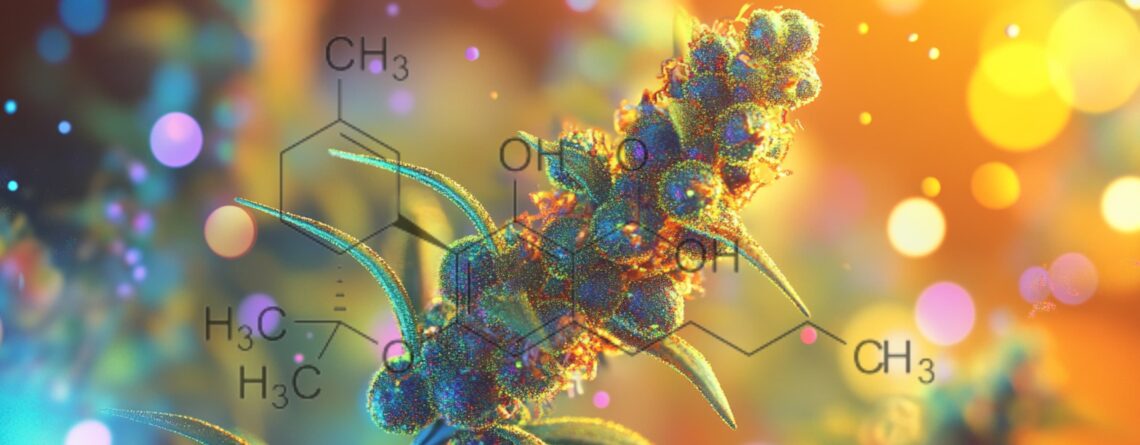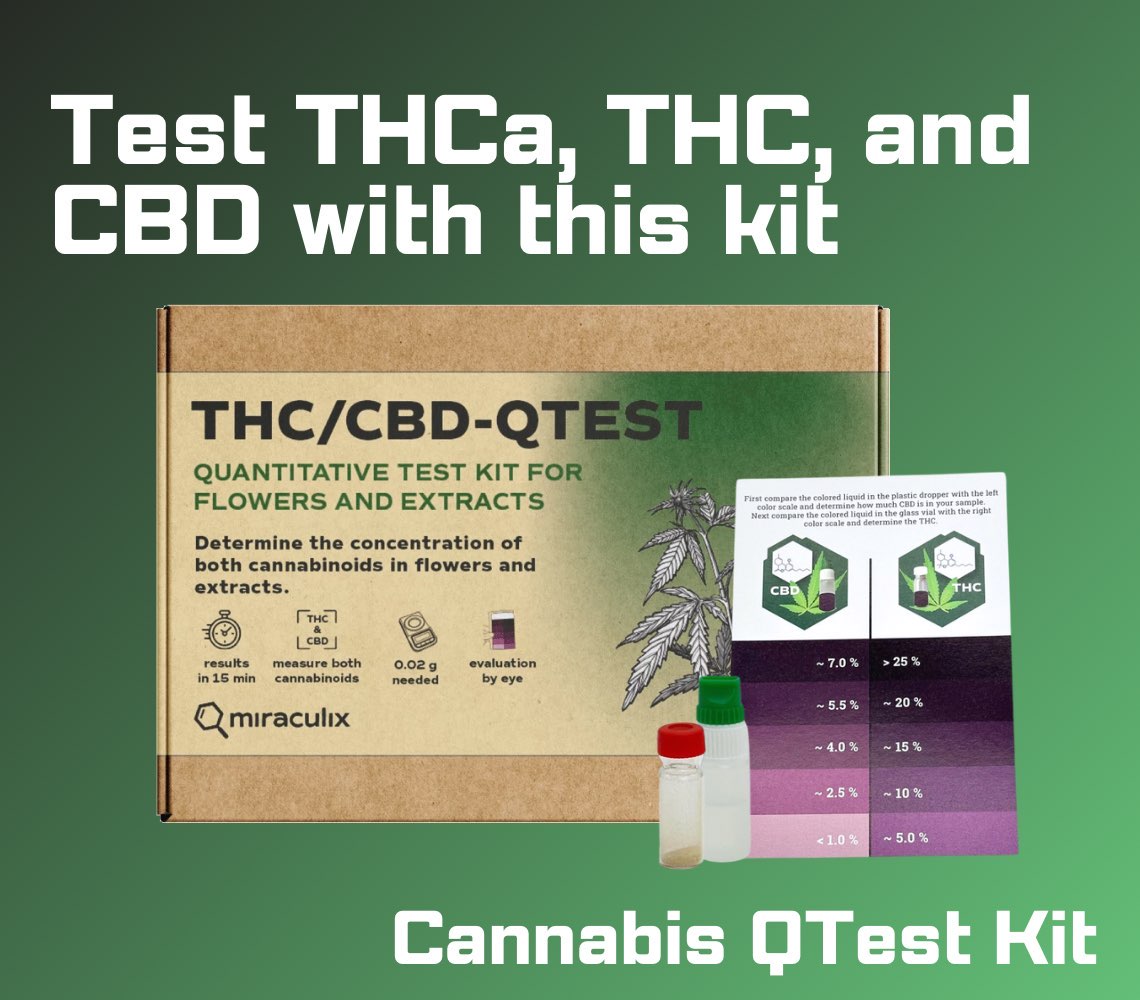THCa vs THC — What is THCa, and How Is It Legal?
In the rapidly expanding cannabis market, THCa flower has emerged as both a hot trend and a legal gray area. Touted as “hemp” under the 2018 Farm Bill, THCa products offer effects nearly identical to traditional marijuana when smoked or vaped, while technically remaining legal in some states. But with popularity comes confusion—and potential risks.
Whether you’re wondering why THCa is legal, seeking tips on how to spot fake weed, or discerning what products are right for your body, this guide provides the information you need to make safer, more informed choices.
THCa vs THC: Does THCa Get You High?
THCa (tetrahydrocannabinolic acid) is the precursor to THC, the compound responsible for cannabis’s psychoactive effects. In its raw state, THCa won’t get you high. However, when exposed to heat through smoking, vaping, or cooking, THCa converts into THC in a process called decarboxylation. This transformation is what delivers the high cannabis users expect.
So, does THCa get you high? The answer depends on how it’s consumed. Raw THCa—such as in tinctures or smoothies—remains non-psychoactive. But once heated, it behaves just like THC.
Why Is THCa Legal? A Convenient Loophole
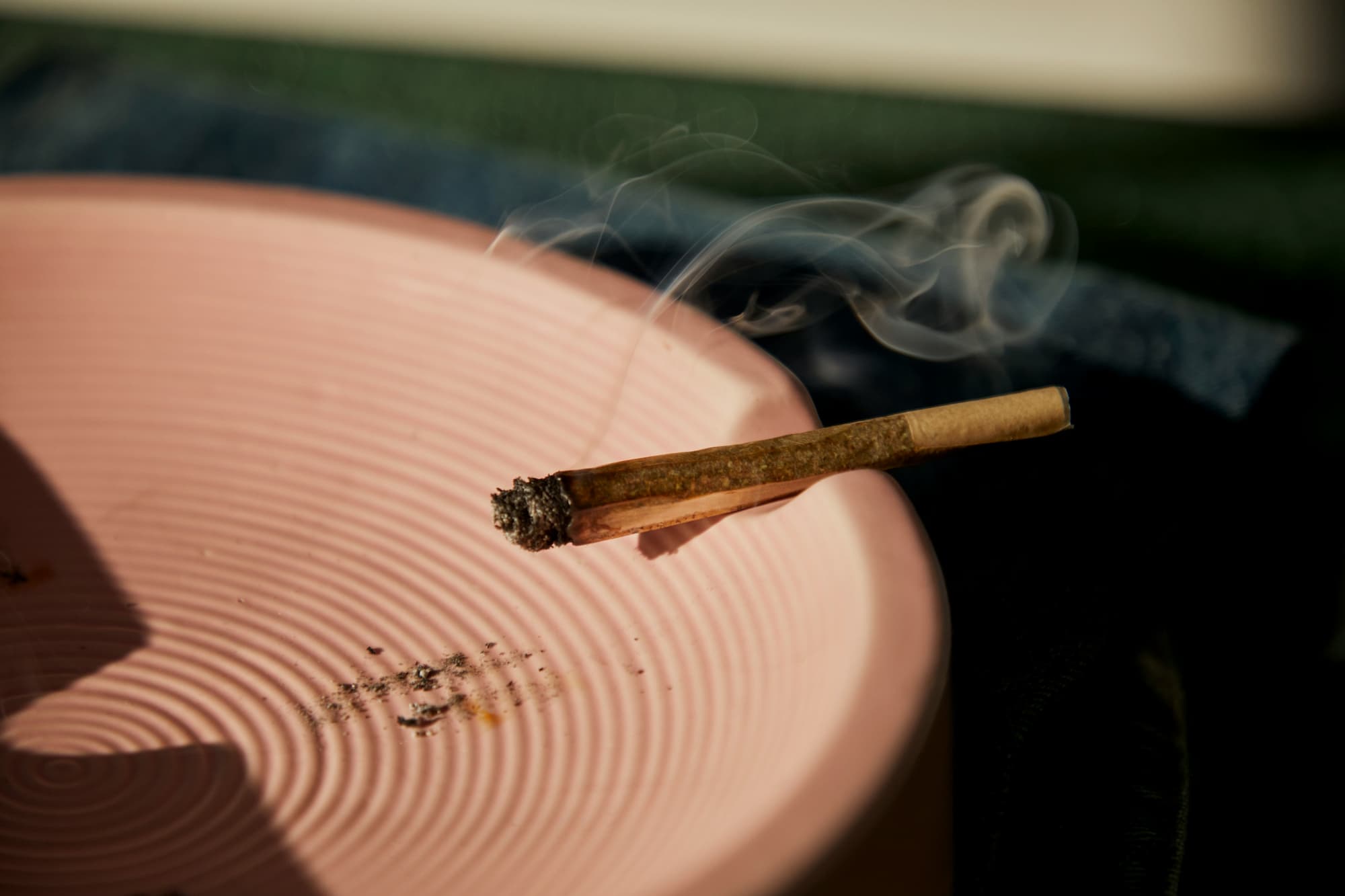
THCa occupies a strange legal position. The 2018 Farm Bill legalized hemp and its derivatives, provided they contain less than 0.3% delta-9 THC by dry weight. Since THCa is not technically delta-9 THC, it has been interpreted as legal in many states, even if the product contains high levels of THCa that convert to THC when heated.
However, THCa flower laws vary significantly. Some states permit THCa flower as hemp, while others classify it as marijuana. This inconsistency creates a legal gray area, making it essential for consumers to research local regulations before purchasing.
Spotting Fake or Laced Cannabis: Red Flags
The demand for cannabis products, including THCa flower, has also led to an increase in fake and contaminated products. While identifying cannabis solely based on what you can see or smell is not a thorough harm reduction method, there are a few red flags that you can be aware of when trying to spot synthetic weed.
- What does fake weed look like? Synthetic marijuana, also known as “Spice,” or “K2”—are drugs made or sprayed with synthetic cannabinoids, either on a mixture of plants or flower, in vape liquid, or as pre-ground powder. Synthetic cannabinoids mimic the effects of weed, but often come with a slew of potentially harmful effects.
- What does laced weed smell like? Laced products often emit strange chemical, artificial, fishy, or synthetic odors, distinctly different from cannabis’s natural herbal or citrusy scent.
- What does laced weed taste like? An acrid, metallic, or chemically sharp taste can indicate contamination.
If you suspect your cannabis is fake or laced, we recommend sending your sample into a cannabis lab for testing.
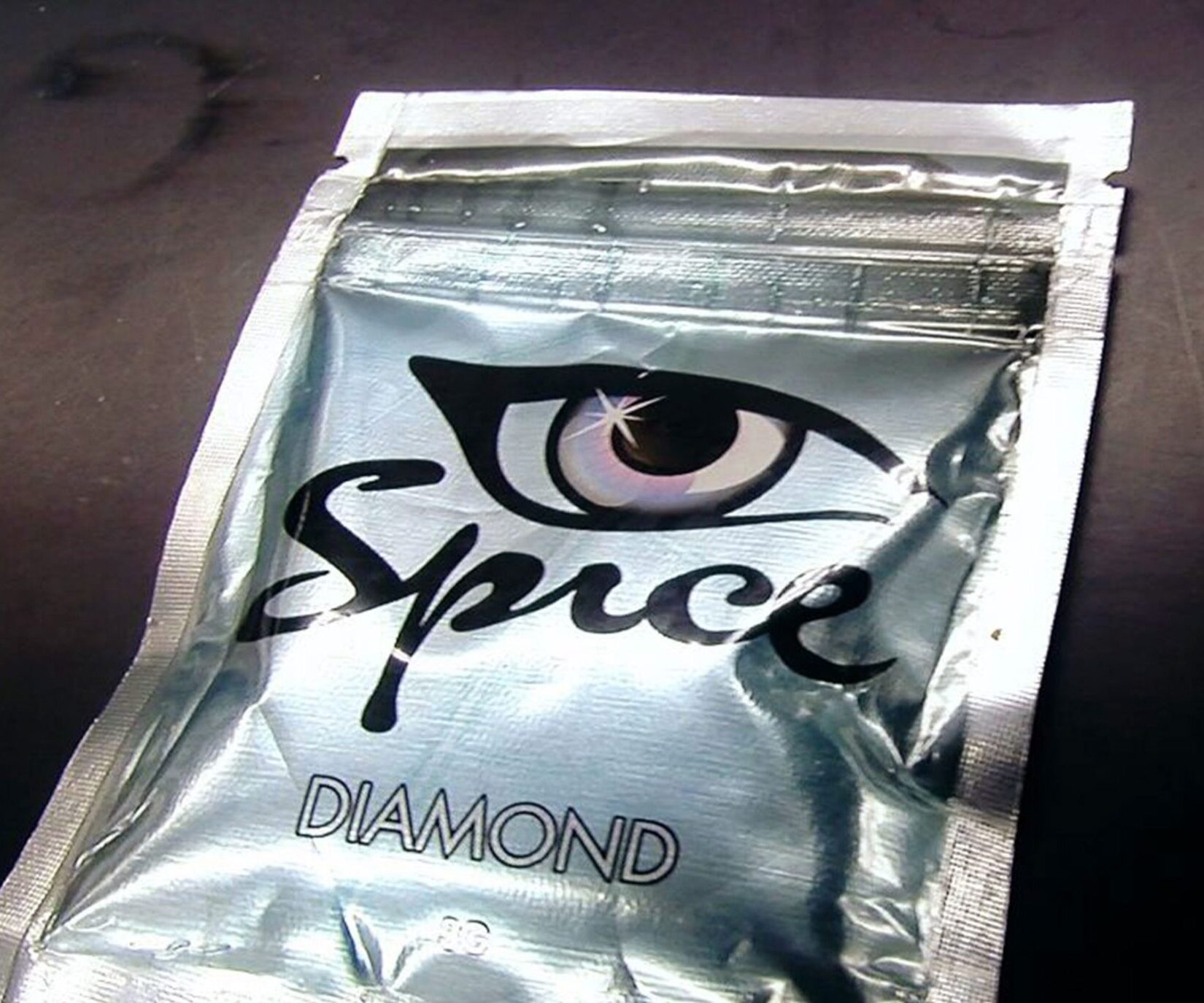
THCa Flower: A Booming but Questionable Market
The popularity of THCa flower wholesale reflects its growing demand in states where traditional cannabis remains restricted. But is THCa “real” weed? Chemically and experientially, yes—it converts to THC when heated, delivering the same effects as marijuana. Legally, however, it exists in a gray area.
For consumers, the question of how much THCa you can have is still unanswered. Some states regulate possession based on THC content post-decarboxylation, while others adhere to hemp’s dry weight standard. Staying informed about local laws can help you navigate these complexities.
Practical Harm Reduction Tips for THCa and THC
Navigating the growing and ever-changing cannabis market requires vigilance. Here are a few harm reduction strategies:
- Test your cannabis. Use the Cannabis QTest to verify THC or THCa potency in flower, buds, extracts, and vape pens. For comprehensive identification and contaminant screening, we recommend sending a sample into a cannabis testing laboratory.
- Buy from reputable sources. Avoid unverified products with vague labeling or unknown origins. Ask to see a COA (Certificate of Analysis) from your dispensary, inspect the product before purchasing, and research the brand’s reputation.
- Stay informed about local laws. THCa’s legal status varies widely, so research state-specific regulations before purchasing.
- Recognize signs of fake or laced products. Familiarize yourself with what authentic cannabis looks, smells, and tastes like to better identify red flags, while understanding the limitations of screening based solely on these methods.
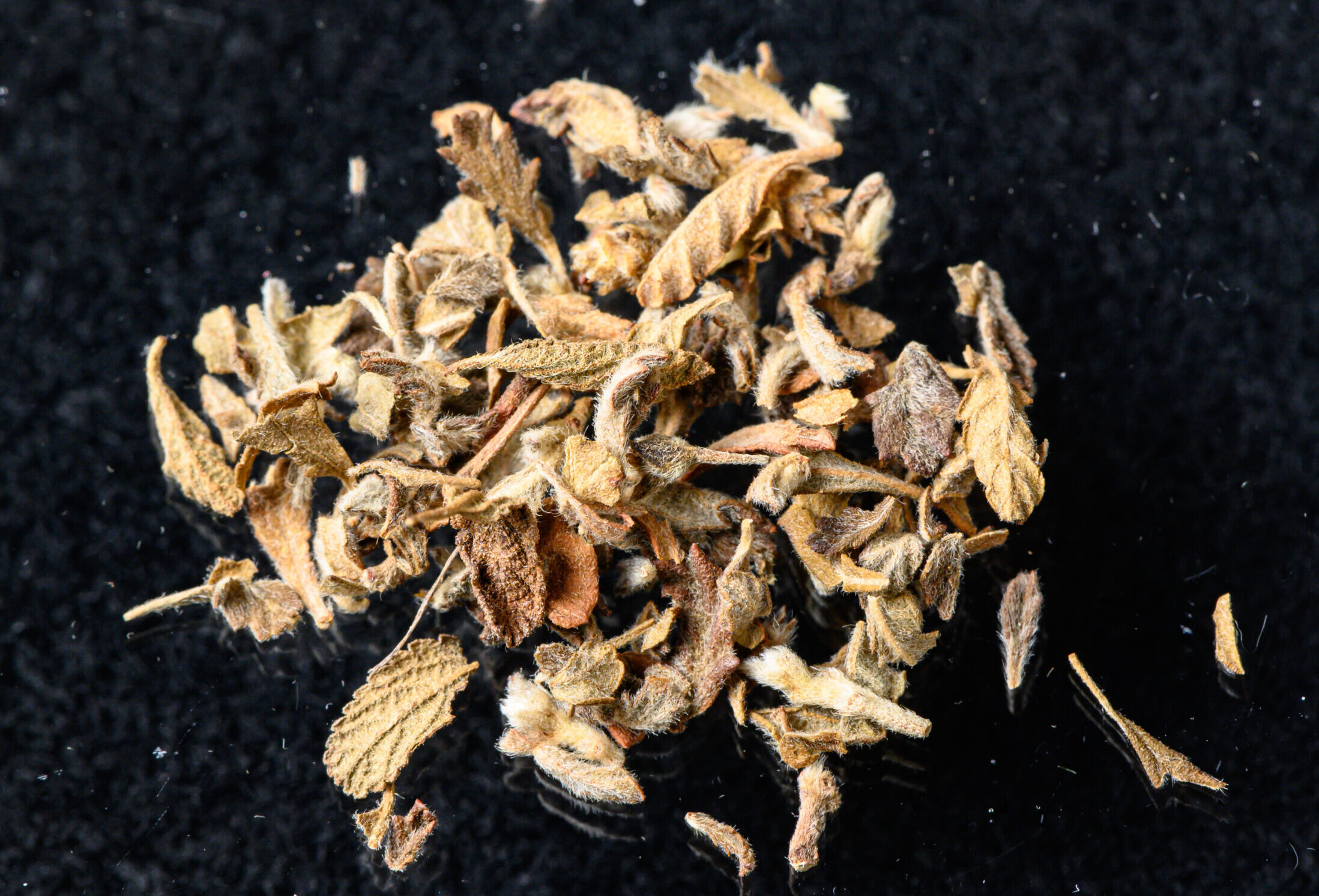
Cannabis Testing
For at-home testing options, it is possible to test your cannabis for potency with our Cannabis QTest Kit. This single-use test kit separately determines the percentage of both THC and CBD in your cannabis material, extracts, and vape pens. It is also possible to use it with THCA in flower, bud, extract, and vape form.
We also offer potency testing for cannabis through our mail-in lab service, Transparency Testing. Our Basic Purity Analysis analysis will report the amount of THC, CBD, moisture, and water activity in your sample. Currently, we do not test for terpenes, heavy metals, etc, but we are hoping to offer full cannabinoid and terpene analysis in the near future.

